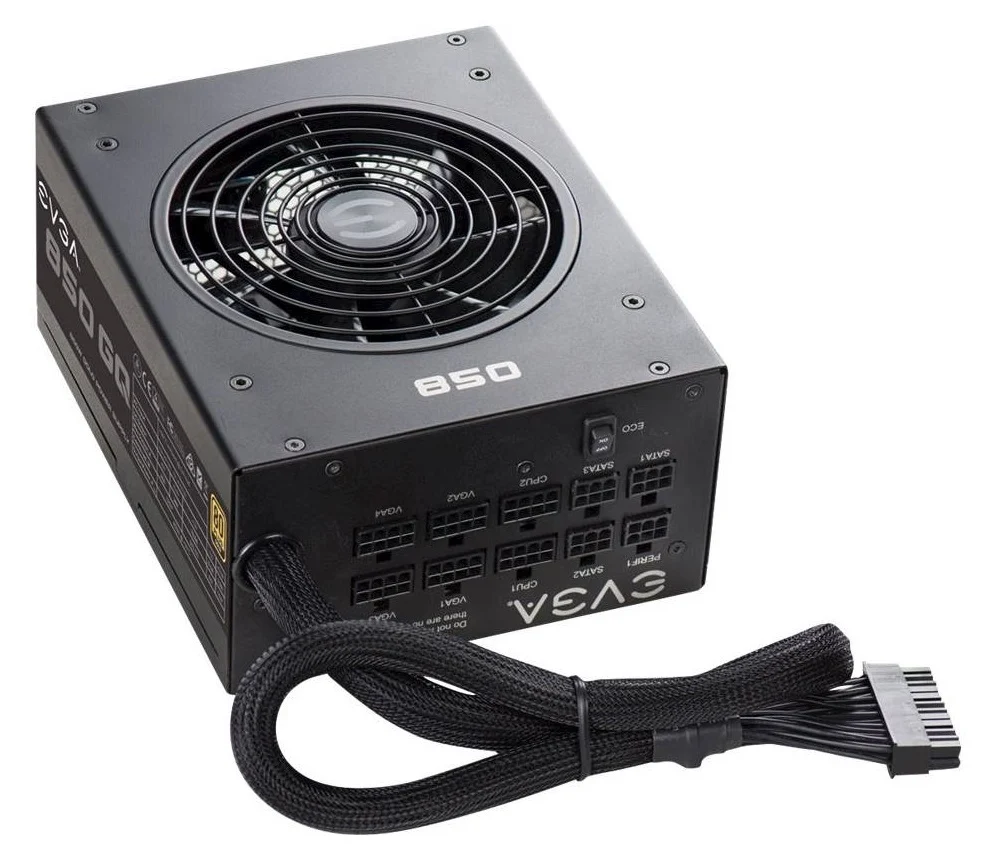There are two basic types of
power supplies: switched converters and linear converters. Linear converters
are simple and generate less noise and heat. Switched converters, on the other
hand, are more complicated and generate more noise. Both types have their
advantages and disadvantages, and the right power supply depends on the type of
application and operating conditions.
High-Frequency AC Noise
When choosing a Power Supply, it
is important to choose one that is low in common-mode noise. This type of noise
is caused by common mode switching and is not caused by the power supply
itself. Common-mode noise is a common problem in power supplies. It is the
result of the alternating current flowing from the power supply's input to the
chassis ground.
Common-mode noise is a kind of
electronic interference that reaches high frequencies. It can be audible or
ultrasonic and may cause measurement errors in sensitive electronics. For this
reason, switching power supplies are usually avoided in high-end audio and instrumentation
applications. They often feature internal shielding between the primary and
secondary windings to reduce noise.
Low-Pass Filter
A Low-pass filter is a circuit
that changes the charge time of a capacitor. This results in a voltage lag in
the output relative to the input signal. This lag increases as the input
frequency increases. Inductive and capacitive Low-pass filters both have the
same effect.
Generally, an inductive Low-pass
filter is preferred in AC-DC power supplies because they filter out the AC
ripple waveform and pass only pure DC components. However, they require a low
filter resistance. The capacitors and inductors are placed in series on the
power supply. This allows them to pass only the DC component, thus reducing the
overall resistance of the circuit.
The Low-pass filter has a cut-off
frequency. This frequency is the point at which the output voltage equals
seventy-seven per cent of the input voltage. Above this point, the signal is
significantly attenuated and cannot be passed.
Isolated Power Supply
An Isolated Power Supply is a
special type of power supply that isolates the output from the ground. It
offers several advantages over a standard TN Earthed Supply. Aside from being
more reliable, it eliminates the risk of tripped MCBs caused by a single earth
fault. It also guarantees continuous power for critical medical sockets.
Isolated power supplies are also
known as isolated dc-dc converters. They are often used in medical devices
where high voltages and currents are not acceptable. Their isolation features
help prevent the spillover of high voltages and currents to the DC side. The
isolation also helps prevent the development of digital noises.
Safety concerns
When working with a power supply,
you need to take special precautions to avoid injury or damage. One way to do
this is to use a safety fuse. You may also want to avoid using thin wires. If
your cord is thin, it can short-circuit the overload protection circuit. When
using wires, be sure to use a rated size for the wires you use.
Power supplies are often required
to conform to certain safety standards in different regions. These standards
are defined by national or international agencies. Government-recognized
testing laboratories certify that products meet statutory regulations. The
primary goal of these standards is to prevent injuries, fire, and electric
shock. The product may also be labelled with a safety mark from an associated
standards organization or local legislation.
Limitations of a power supply
The power supply is a critical
component of your computer system. It provides electrical power for every
component of the system. It is also one of the most susceptible parts to
failure, which makes it crucial to keep your PC operating properly.
Understanding the power supply's limitations and problems is essential for
keeping your computer running efficiently.
Before using a power supply, make
sure you understand the various types and their characteristics. Some power
supplies are more efficient than others, while others are prone to overheating
or producing noise. You should also be aware of the power consumption of your
system. Some power supplies also have higher power output ratings, but you
should make sure that you purchase one that will meet your needs.







Post a Comment